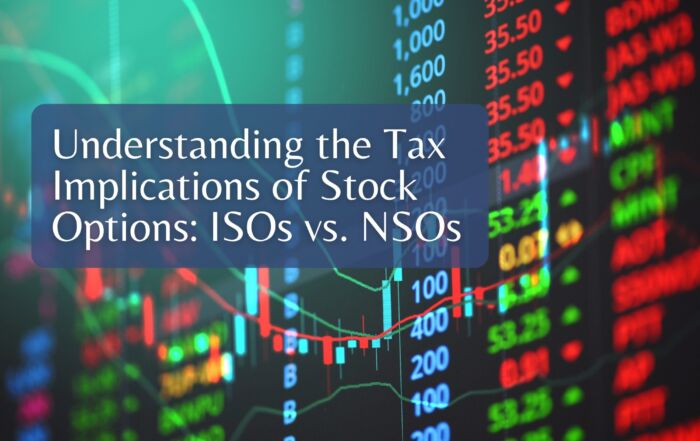Boosting Cash Reserves During Retirement

As we have mentioned in the past, retirement success comes down to cash flows. The cash flowing in should match the cash flowing out even in retirement. To plan for this, it is necessary to first understand how much you spend each month on essential and discretionary items in order to create a budget that will match your income with your expenses. This way you can be sure that you have an accurate picture of what level income and cash reserves you should build towards before you actually retire.
How much cash reserves do you need in your working years?
During the working years, you should have 3-6 months expenses in cash reserves for emergencies like house repairs (roof, HVAC, etc.), car, health, or other concerns that could have one-time big payments. However in retirement, you should keep even more money in reserves in anticipation of similar unexpected expenses and market downturns. The best way to free up this kind of cash is to live debt free in retirement. Realize that carrying debt means paying someone else and making them wealthy instead of paying yourself. Paying off all your debt before retirement not only frees up cash flow to live on, but also provides you with more financial peace of mind.
How much cash reserves do you need in retirement?
When planning out the amount of cash to keep on-hand in retirement, we suggest keeping two years’ worth of expenses so you don’t withdraw from the principal of an account should you face unexpected financial situations like the ones mentioned above or a drop in the value of an investment account due to market fluctuation. This is for two reasons. One is so you do not pay additional unwanted taxes from the sell, but also so that the sequence of return risk is not an option influencing portfolio returns. This can be one of a retiree’s biggest concerns. The market drops and certain behaviors kick in and they allow emotions to get the best of them. They either sell at the bottom or the need for additional income at that point does not allow the account to recover. Therefore, we like to have two years of cash needs in your portfolio’s cash management system.
To determine the amount, let’s look at two different examples of retirees. Let’s say you are a 60-year-old retiree, and your financial plan allows you to live on $80,000 in living expenses the first year. You and your spouse could have $50,000 in social security benefits, but you do not claim for social security yet because you are waiting until you reach full retirement age at 67, or you are waiting to 70 (if possible) in order to get the maximum benefit. For this example, the client would need around $160,000 or two years of expenses in cash reserves. However, if they were 70 and just retiring, it would be different story. The additional monthly needed above the social security payments would only be $30,000 annually, so they would want to maintain $60,000 in short term cash reserves for cash management.
Ways to Increase Cash Reserves in Retirement
We can help reduce that volatility concern by replenishing this cash reserve bucket throughout the year with dividends and interest from the portfolio. If the market is performing well, we may sell some assets to increase the reserve position back to twenty-four months or possibly wait until more efficient time. While the constant cash management monitoring that goes on throughout the year may not improve returns on the portfolio due to some cash drag it does allow for high probability of success within their financial plan by planning for unknowns and providing peace of mind.
Cash Management in Crucial
Cash management is crucial to retirement success and most efficiently boosting those cash reserves can often be an overlooked aspect of asset management. The goal with this type of reserve is not to stretch for yield and increase returns but more to help a portfolio recover during down markets. Currently with low interest rates due ultra-short-term bond or cash equivocates are yielding less than 1%, but just like with emergency savings the goal is not to have the highest yield but to have liquid cash available with minimal taxation. We will account for this within the overall portfolio and match it to ideal risk tolerance and financial plan.
Matthews Barnett, CFP®, ChFC®, CLU®
Financial Planning Specialist
Share This Story, Choose Your Platform!
Wiser Wealth Management, Inc (“Wiser Wealth”) is a registered investment adviser with the U.S. Securities and Exchange Commission (SEC). As a registered investment adviser, Wiser Wealth and its employees are subject to various rules, filings, and requirements. You can visit the SEC’s website here to obtain further information on our firm or investment adviser’s registration.
Wiser Wealth’s website provides general information regarding our business along with access to additional investment related information, various financial calculators, and external / third party links. Material presented on this website is believed to be from reliable sources and is meant for informational purposes only. Wiser Wealth does not endorse or accept responsibility for the content of any third-party website and is not affiliated with any third-party website or social media page. Wiser Wealth does not expressly or implicitly adopt or endorse any of the expressions, opinions or content posted by third party websites or on social media pages. While Wiser Wealth uses reasonable efforts to obtain information from sources it believes to be reliable, we make no representation that the information or opinions contained in our publications are accurate, reliable, or complete.
To the extent that you utilize any financial calculators or links in our website, you acknowledge and understand that the information provided to you should not be construed as personal investment advice from Wiser Wealth or any of its investment professionals. Advice provided by Wiser Wealth is given only within the context of our contractual agreement with the client. Wiser Wealth does not offer legal, accounting or tax advice. Consult your own attorney, accountant, and other professionals for these services.





